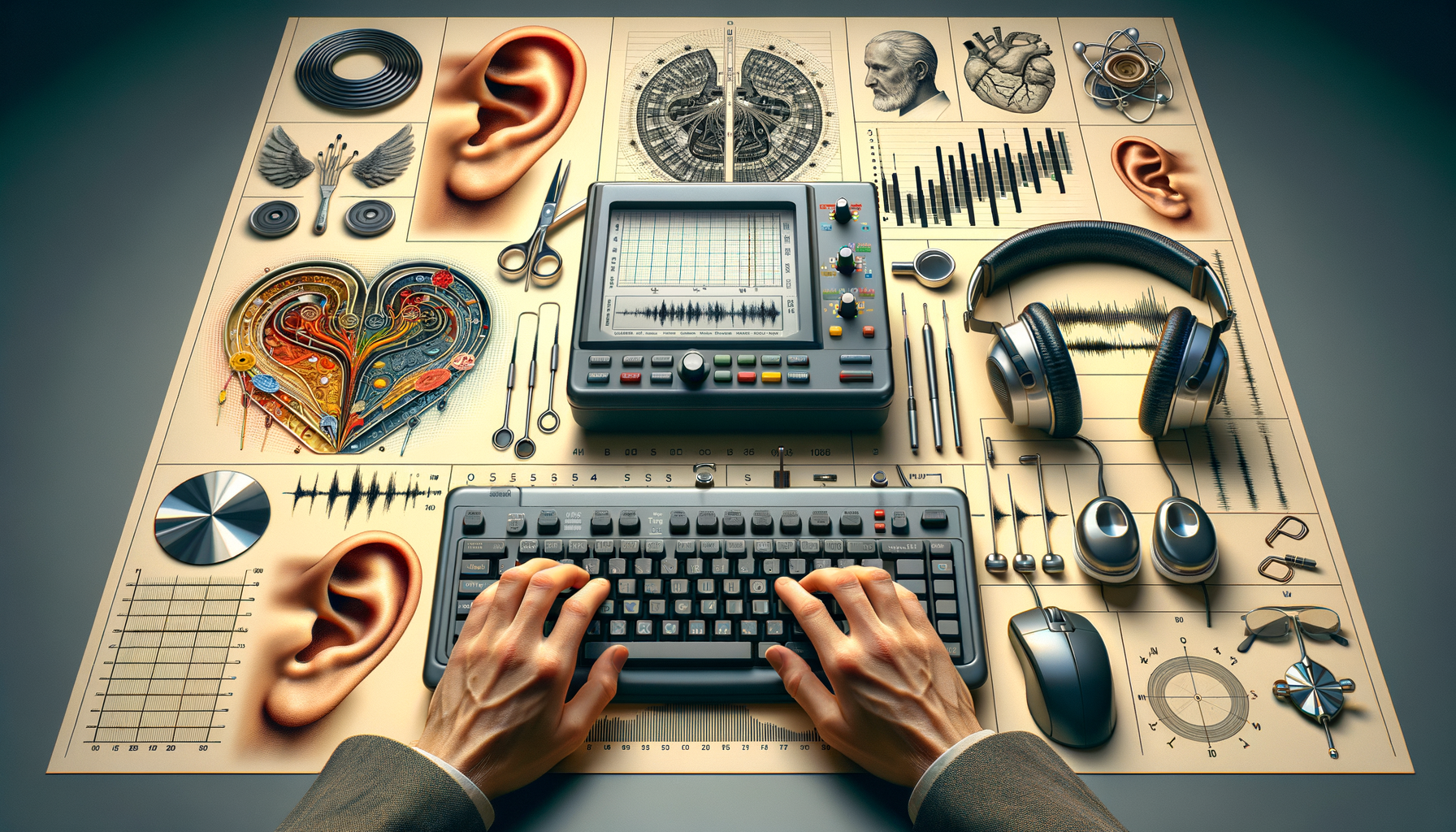
Understanding Hearing Tests: A Comprehensive Guide
Introduction to Hearing Tests
Hearing tests are a crucial component of maintaining good auditory health. They help individuals understand their hearing capabilities and identify any potential issues early on. With the rise in noise pollution and the increasing use of personal audio devices, regular hearing assessments have become more important than ever. This article delves into the different types of hearing tests available, their significance, and how they contribute to overall well-being.
Types of Hearing Tests
There are several types of hearing tests, each designed to evaluate different aspects of auditory function. The most common types include:
- Pure-tone Testing: This test measures an individual’s ability to hear sounds at various pitches and volumes. It is typically conducted in a soundproof room using headphones.
- Speech Testing: This involves listening to and repeating words or phrases at different volumes, helping to assess clarity of hearing in real-world scenarios.
- Tympanometry: This test evaluates the condition of the middle ear by measuring its response to changes in air pressure.
- Auditory Brainstem Response (ABR): This test checks the brain’s response to sound and is often used for newborns or individuals who cannot participate in standard hearing tests.
Each of these tests provides valuable insights into different facets of hearing health, allowing audiologists to tailor treatment plans effectively.
The Importance of Regular Hearing Tests
Regular hearing tests are vital for early detection of hearing loss, which can significantly impact communication and quality of life. By identifying hearing issues early, individuals can seek appropriate interventions such as hearing aids or therapy. Moreover, hearing tests can reveal underlying health conditions, such as ear infections or even neurological disorders, that might otherwise go unnoticed.
Statistics show that untreated hearing loss can lead to social isolation, depression, and cognitive decline. Therefore, integrating hearing tests into routine health check-ups is essential for maintaining overall well-being.
Preparing for a Hearing Test
Preparation for a hearing test is straightforward but can enhance the accuracy of the results. Here are some tips to consider:
- Avoid Loud Noises: Steer clear of loud environments for at least 24 hours before the test to prevent temporary hearing loss.
- List Symptoms: Note any hearing difficulties or symptoms you have experienced to discuss with the audiologist.
- Medical History: Be ready to provide a detailed medical history, including any medications, as some can affect hearing.
Being well-prepared ensures that the hearing test results are as accurate and informative as possible, leading to better diagnosis and treatment.
Conclusion: Embracing Hearing Health
Hearing tests are a vital tool in preserving auditory health and ensuring a high quality of life. By understanding the different types of tests available and the importance of regular check-ups, individuals can proactively manage their hearing health. Whether it’s for early detection of hearing loss or monitoring existing conditions, hearing tests offer invaluable insights that can guide effective treatment strategies. Embracing regular hearing assessments is a step towards maintaining not just hearing health but overall well-being.